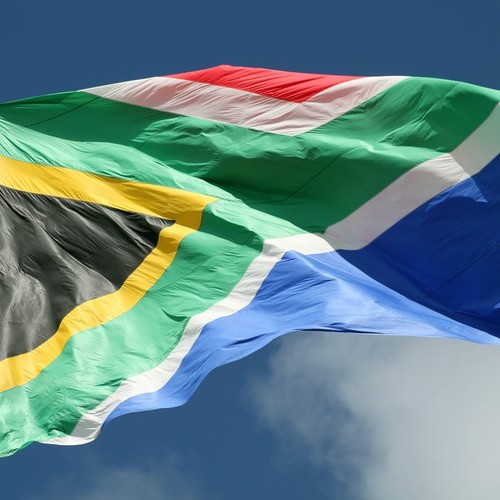
Also in today's EMEA regional roundup: Virgin TV gets BritBox; KPN makes healthcare investment; South Africa settles with Huawei.
South Africa's telecom regulator, ICASA, has wrapped up the business end of its latest and much delayed spectrum auction, raising more than 14.4 billion South African rand ($1 billion). Cell C, Liquid Intelligent Technologies, MTN, Rain Networks, Telkom and Vodacom emerged as the qualified bidders. See this article on our sister site Connecting Africa for full details of who got what. The actual assignment process will take place next week. This auction is considered particularly significant because operators have been waiting for over 15 years for more high-demand spectrum to be allocated and have been forced to refarm 2G and 3G spectrum in the meantime. (See SA spectrum auction beats $530M target, WOAN project shelved.)
BritBox, the UK streaming service set up by the BBC and ITV to recycle their most popular content, is being made available on the Virgin TV platform, or at least to those customers with Virgin's TV 360 or V6 set-top box. The service, which was launched in the UK in 2019 and costs £5.99 (US$7.87) a month, will be billed separately from the main Virgin subscription.
KPN Health, the healthcare arm of Dutch operator KPN, has acquired DVZA, a digital data service used to exchange patient information by nursing homes and home care facilities, from Open HealthHub.
South Africa's Department of Employment and Labour (DoEL) has reached an out-of-court settlement with Huawei over a dispute centering on Huawei's perceived failure to employ enough South Africans. The Department has accepted the Chinese vendor's plan to lift the representation of South Africans in its operations to more than 50% within three years. In addition, Huawei and DoEL have agreed to collaborate on training the unemployed.
Microsoft plans to build a new emissions-free data center "region" in southern Finland that will have the capacity to provide heating for surrounding municipalities. As YLE reports, the project is a collaboration with Fortum, Finland's largest energy company. Up to 11,000 new jobs could be created by the project, Microsoft said.
The Body of European Regulators for Electronic Communications, more snappily known as BEREC, has presented the first draft of its report on the digital sector's impact on the environment, and is inviting stakeholders to comment on it before April 14. Among other priorities, BEREC wants to leverage regulators' traditional regulatory tools that can help minimize the sector's environmental footprint, such as network sharing and coordination of civil engineering works.
Satellite communications company OneWeb has turned to Germany-based Axiros for infrastructure management. OneWeb will deploy Axiros' range of CPE management tools, including including its core Auto Configuration Server (ACS – Axess) and Quality of Experience monitoring and management (QoE – Axtract) modules.
UK altnet CityFibre has begun the latest phase of its £270 million ($354 million) rollout in the Scottish city of Glasgow, with GCU UK digging trenches on its behalf in the Bishopriggs district.
Ofcom, the UK communications regulator, has formally revoked the license of Russian TV channel RT, finally acknowledging that it is little more than a mouthpiece for Vladimir Putin. RT is actually off the air already in the UK, as a result of sanctions imposed by the EU since Russian tanks first rolled into Ukraine uninvited.
— Paul Rainford, Assistant Editor, Europe, Light Reading
Read more about:
EuropeAbout the Author(s)
You May Also Like












